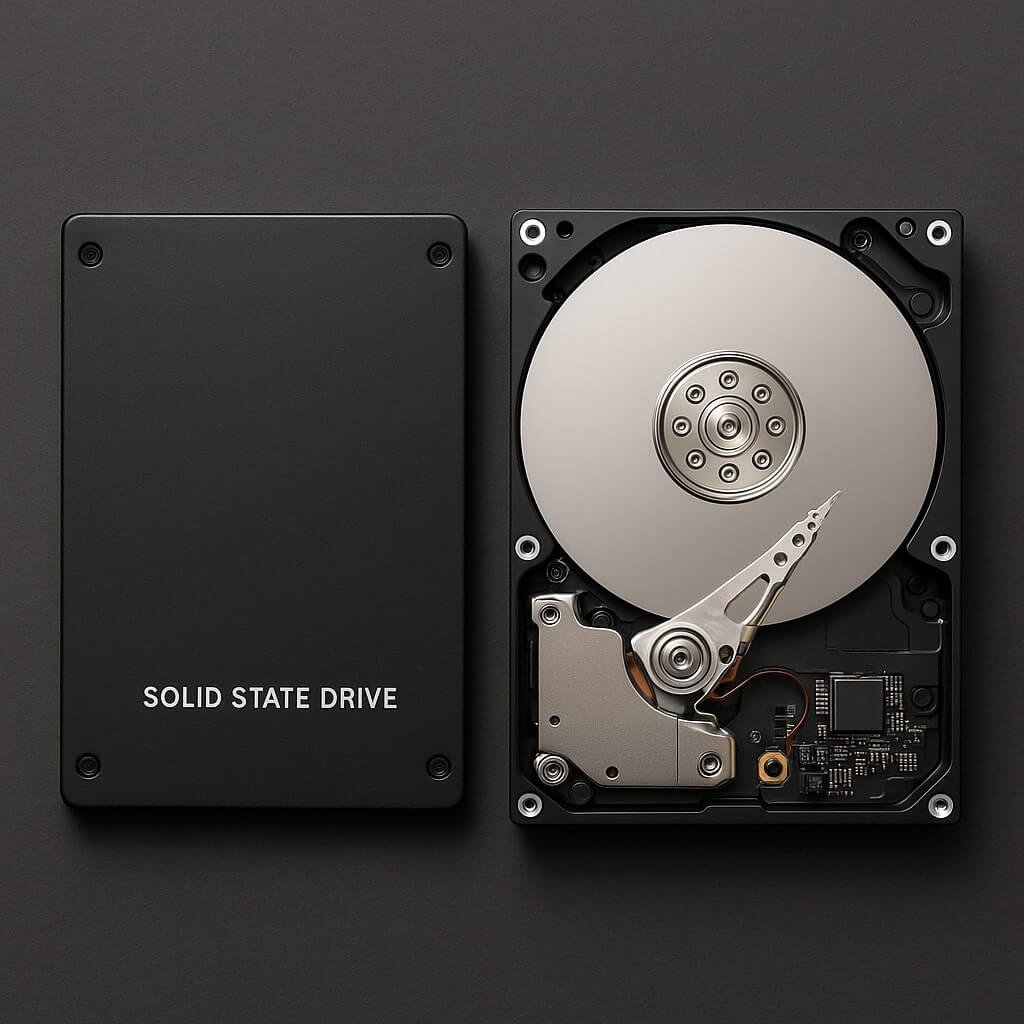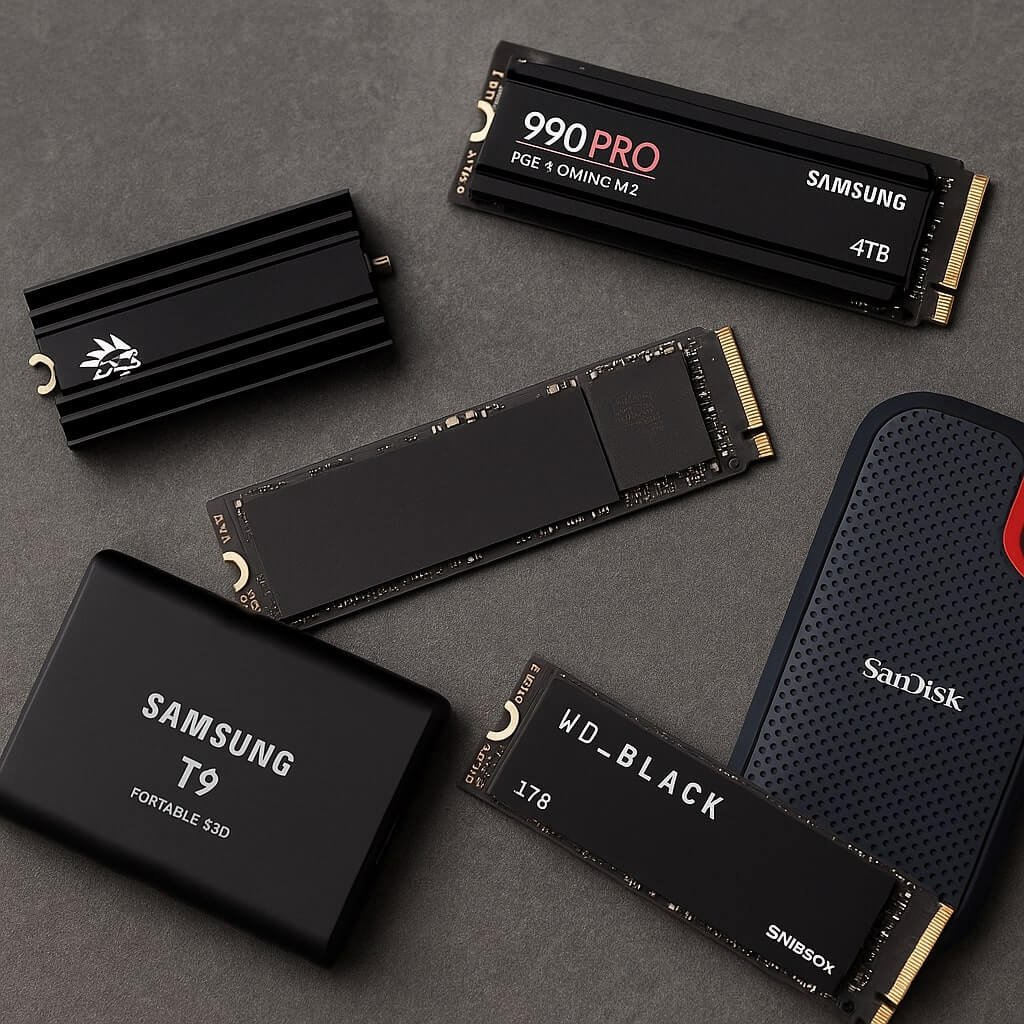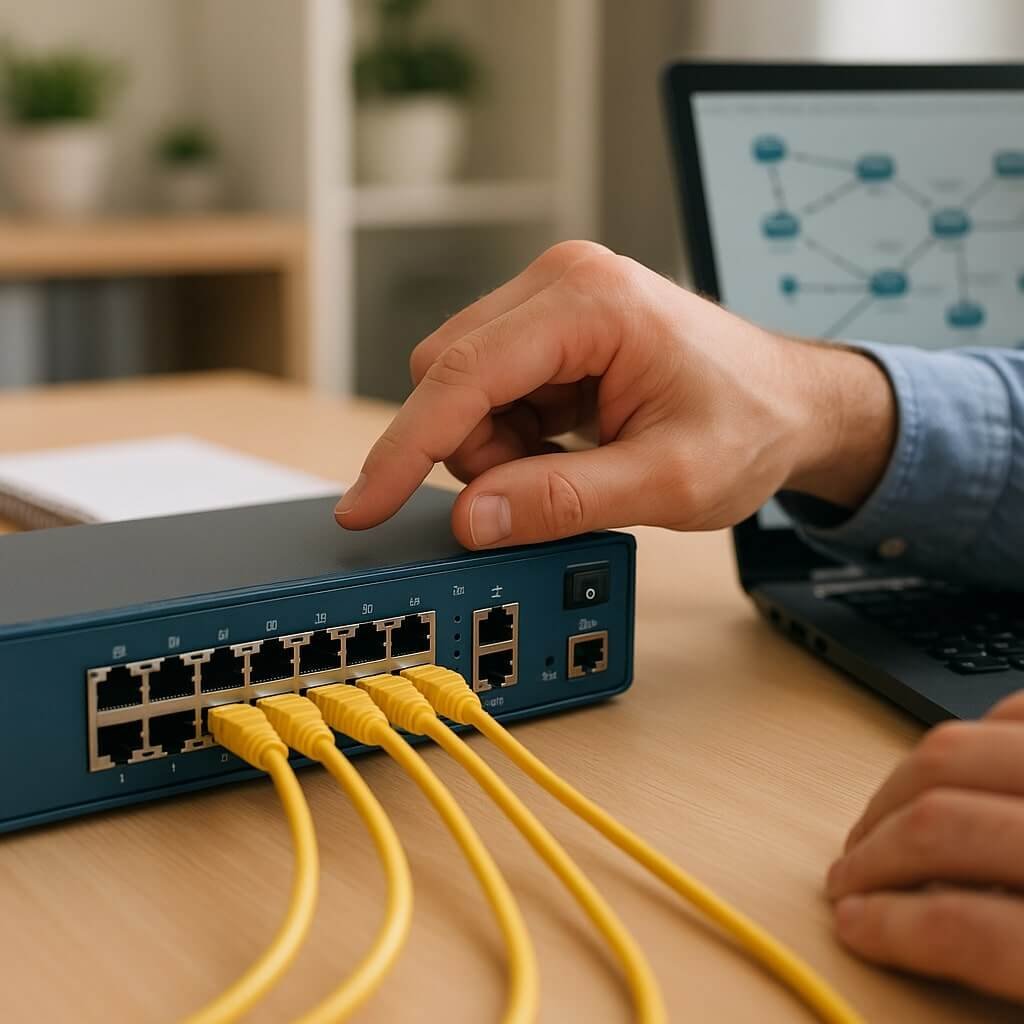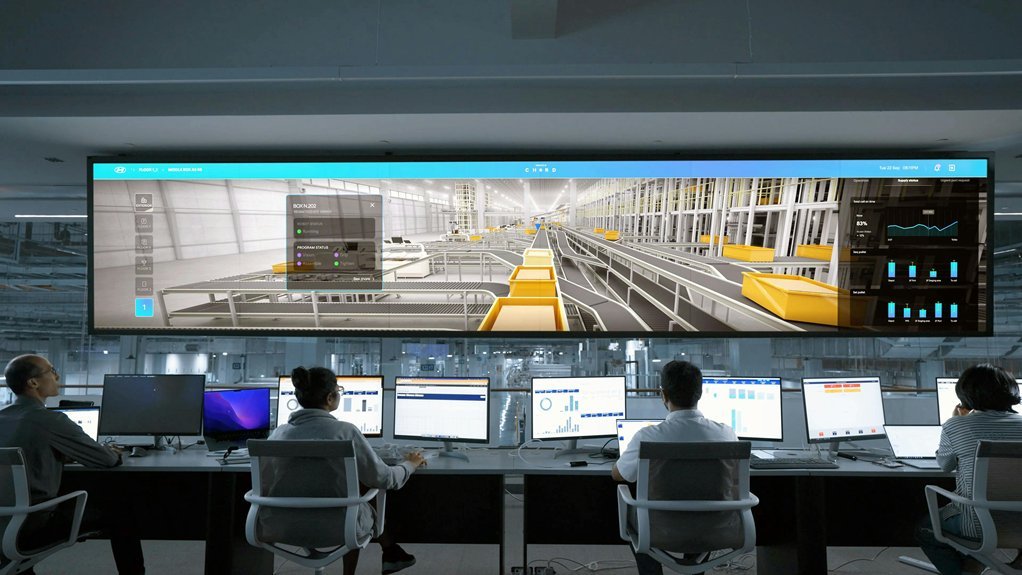When choosing the right storage for your computer, you’re likely to encounter two main options: Solid State Drives (SSDs) and Hard Disk Drives (HDDs). Each has its advantages and drawbacks, and understanding the differences is crucial to making an informed decision for your personal or business needs. This ultimate guide breaks down every factor—speed, durability, cost, and more—to help you decide whether an SSD or HDD is the right choice.
Understanding SSDs and HDDs
What is an HDD (Hard Disk Drive)?
HDDs are traditional storage devices that use spinning magnetic disks to read and write data. They’ve been around since the 1950s and remain popular due to their affordability and large storage capacity.
Key Characteristics:
- Mechanical parts (spinning platters and moving read/write heads)
- Slower access time compared to SSD
- Susceptible to shock damage
- Higher capacities available at lower prices
What is an SSD (Solid State Drive)?
SSDs use flash memory to store data, meaning there are no moving parts. This results in significantly faster performance and greater durability.
Key Characteristics:
- Non-volatile NAND flash memory
- Faster boot and load times
- Greater resistance to physical shock
- Higher cost per GB
Performance Comparison
Speed
SSDs outperform HDDs in almost every metric:
- Boot Time: SSDs boot in under 10 seconds; HDDs often take 30+ seconds.
- File Transfer: SSDs offer transfer speeds of 500MB/s and up (up to 7000MB/s with NVMe); HDDs max out at around 150MB/s.
- Application Loading: Programs load significantly faster on SSDs.
Gaming and Creative Work
Gamers and content creators benefit from SSDs due to reduced load times, seamless rendering, and less lag.
Durability and Reliability
Shock Resistance
- HDDs: Prone to failure if dropped or exposed to vibration.
- SSDs: Much more shock-resistant; ideal for laptops and portable devices.
Lifespan
- HDDs: Mechanical wear can lead to failures over time.
- SSDs: Limited write cycles, but modern wear-levelling techniques greatly improve lifespan. Typically last longer under normal usage.
Capacity and Cost
Storage Capacity
- HDDs: Available in sizes up to 20TB or more, making them ideal for bulk storage.
- SSDs: Commonly range from 250GB to 4TB, with enterprise models offering more.
Price per GB
- HDDs are significantly cheaper. Ideal if you need vast amounts of storage without breaking the bank.
- SSDs are more expensive but provide better value in terms of speed and responsiveness.
Power Consumption and Noise
Power Efficiency
- SSDs: Consume less power, leading to better battery life in laptops.
- HDDs: Require more energy due to spinning disks.
Noise
- HDDs: Audible clicking and spinning sounds.
- SSDs: Completely silent operation.
Use Cases: Which One Is Right for You
| Use Case | Recommended Drive |
|---|---|
| Everyday Computing | SSD for speed |
| Gaming | SSD (or SSD + HDD hybrid setup) |
| Video Editing/Creative Work | SSD for performance |
| Large Media Libraries | HDD for cost-effective storage |
| Backup and Archives | HDD for long-term storage |
| Enterprise Applications | SSD for IOPS-intensive tasks |
Future Trends in Storage Technology
- NVMe SSDs are becoming the new standard with blistering speeds.
- Hybrid Drives (SSHDs) attempt to combine SSD speed with HDD capacity.
- SSDs are expected to gradually replace HDDs in most consumer devices as prices continue to fall.
- Cloud Storage is also rising, but local drives still play a crucial role in performance-sensitive applications.
FAQs About SSD vs. HDD
What lasts longer: SSD or HDD?
SSDs are generally more durable due to the lack of moving parts. However, HDDs may offer a longer lifespan in write-intensive backup scenarios.
Can I use both SSD and HDD in one system?
Yes, many users install the operating system and essential programs on an SSD for speed and use an HDD for storing larger files.
Are SSDs worth the extra cost?
If speed, reliability, and lower power usage are important to you, then absolutely. The performance difference is noticeable.
Is an HDD good for gaming?
It can work, but games will load more slowly. An SSD offers smoother gameplay and faster asset loading.
How do I know which I have?
On Windows, open Task Manager > Performance tab. On macOS, check “About This Mac” > Storage. It will typically specify whether it’s a solid state or traditional drive.
Conclusion
The SSD vs. HDD debate boils down to your specific needs. If performance, speed, and durability are your priorities—especially for laptops, gaming, or creative tasks—SSD is the clear winner. However, if you’re seeking large-capacity storage at a budget-friendly price, HDDs are still a viable option. For the best of both worlds, a hybrid setup might be your ideal solution.






